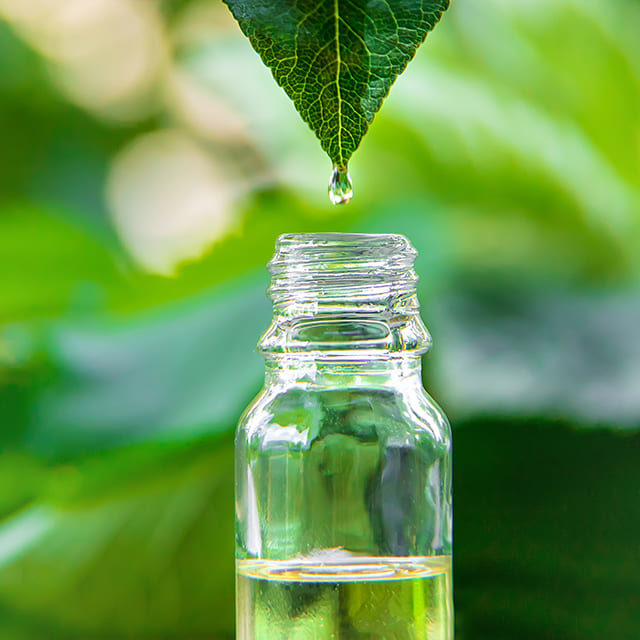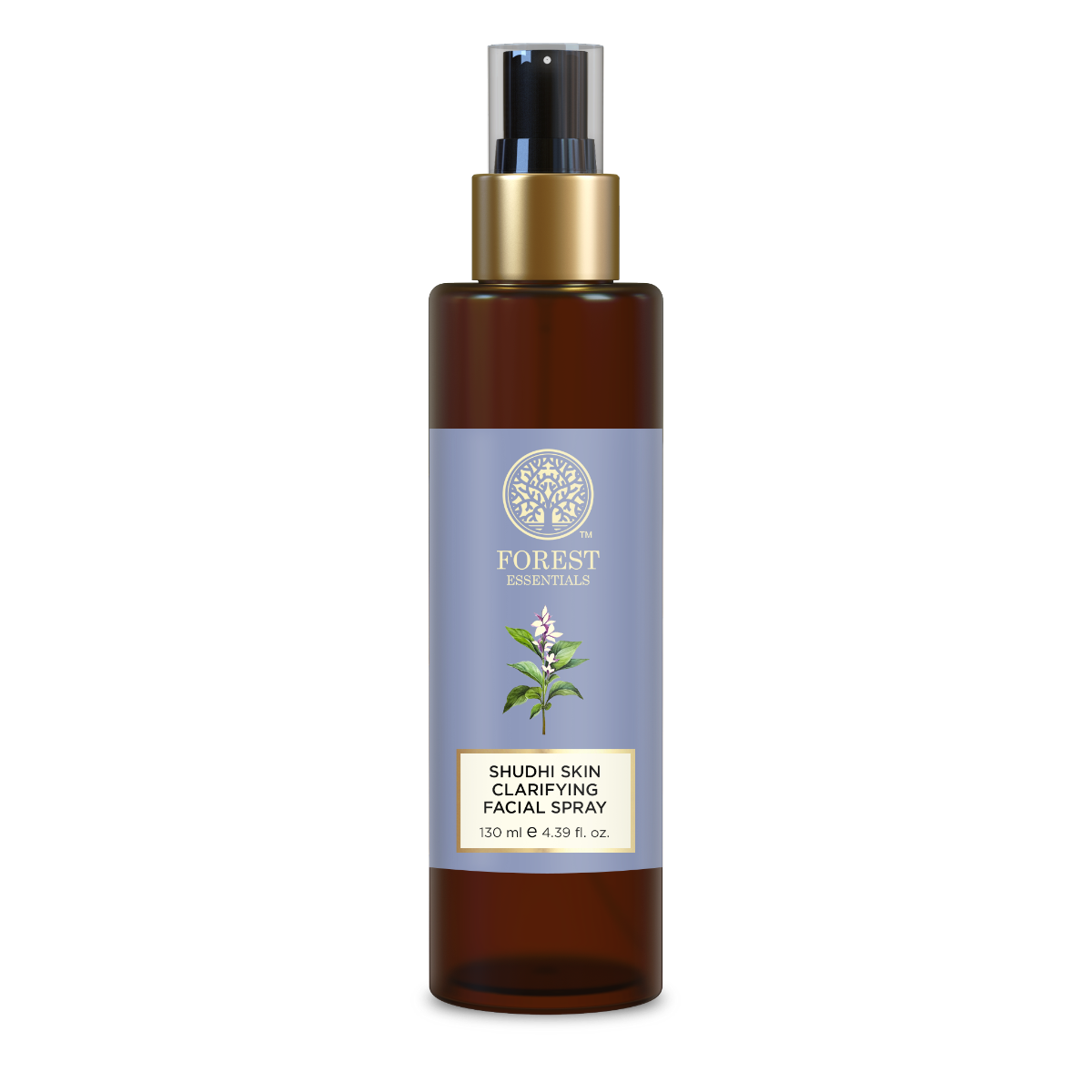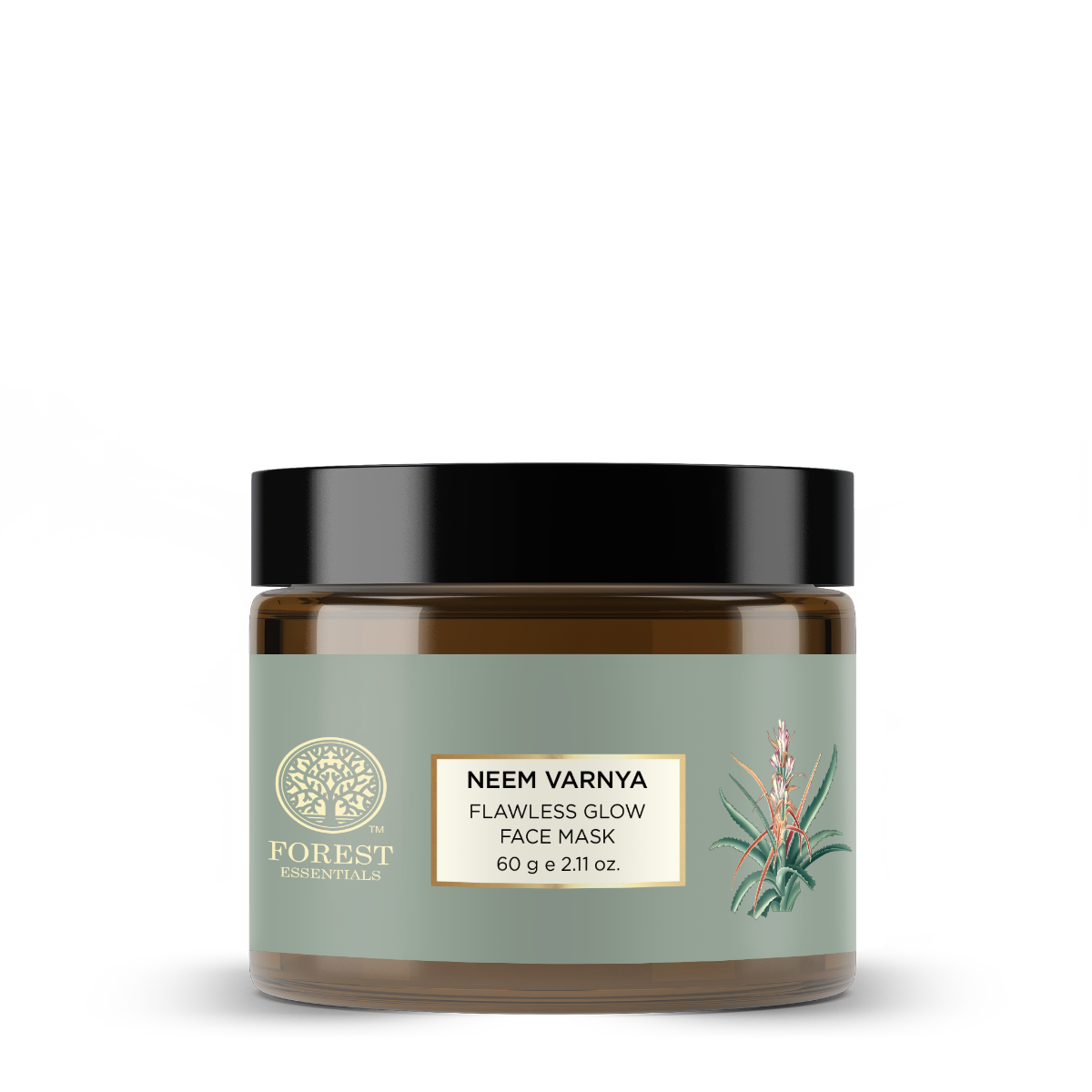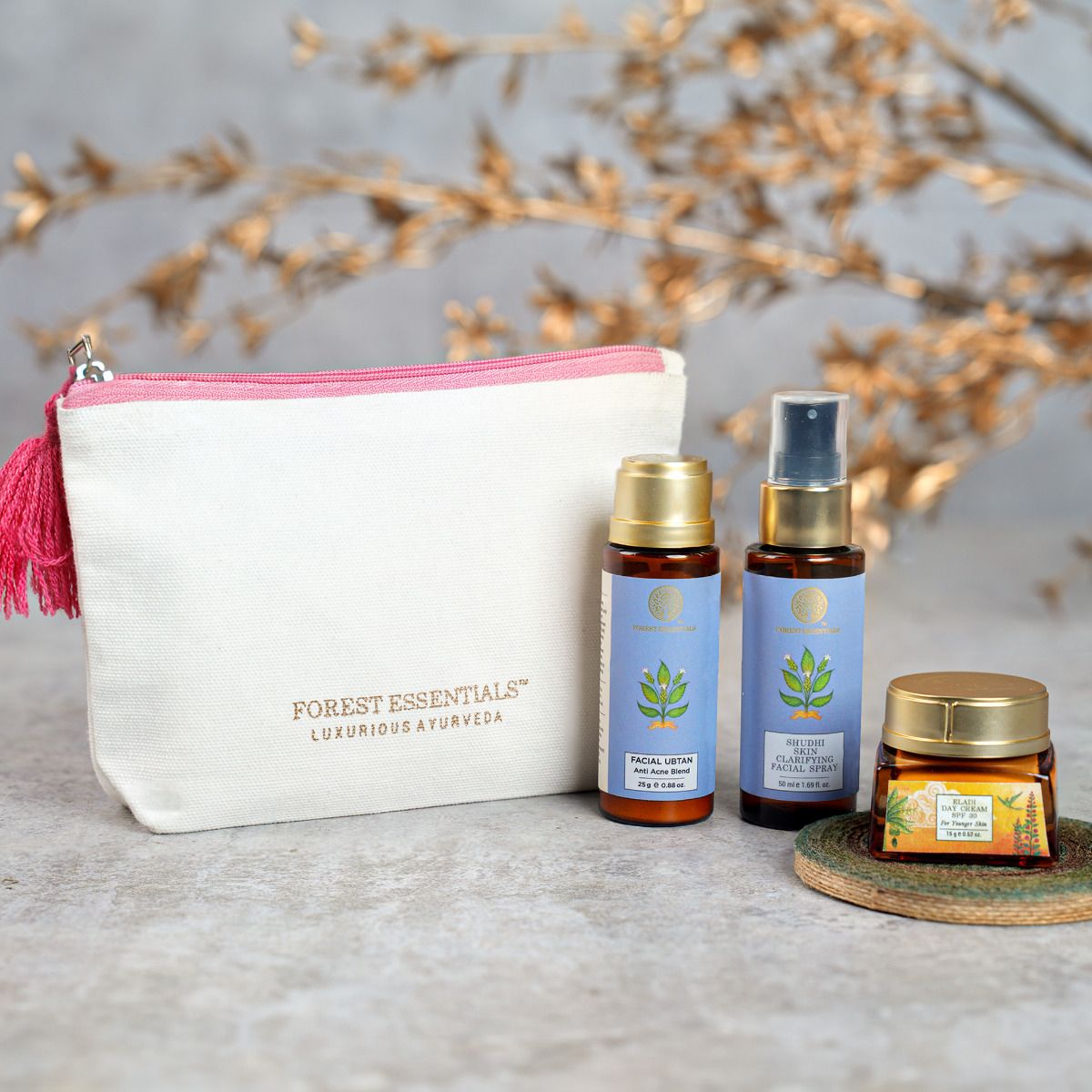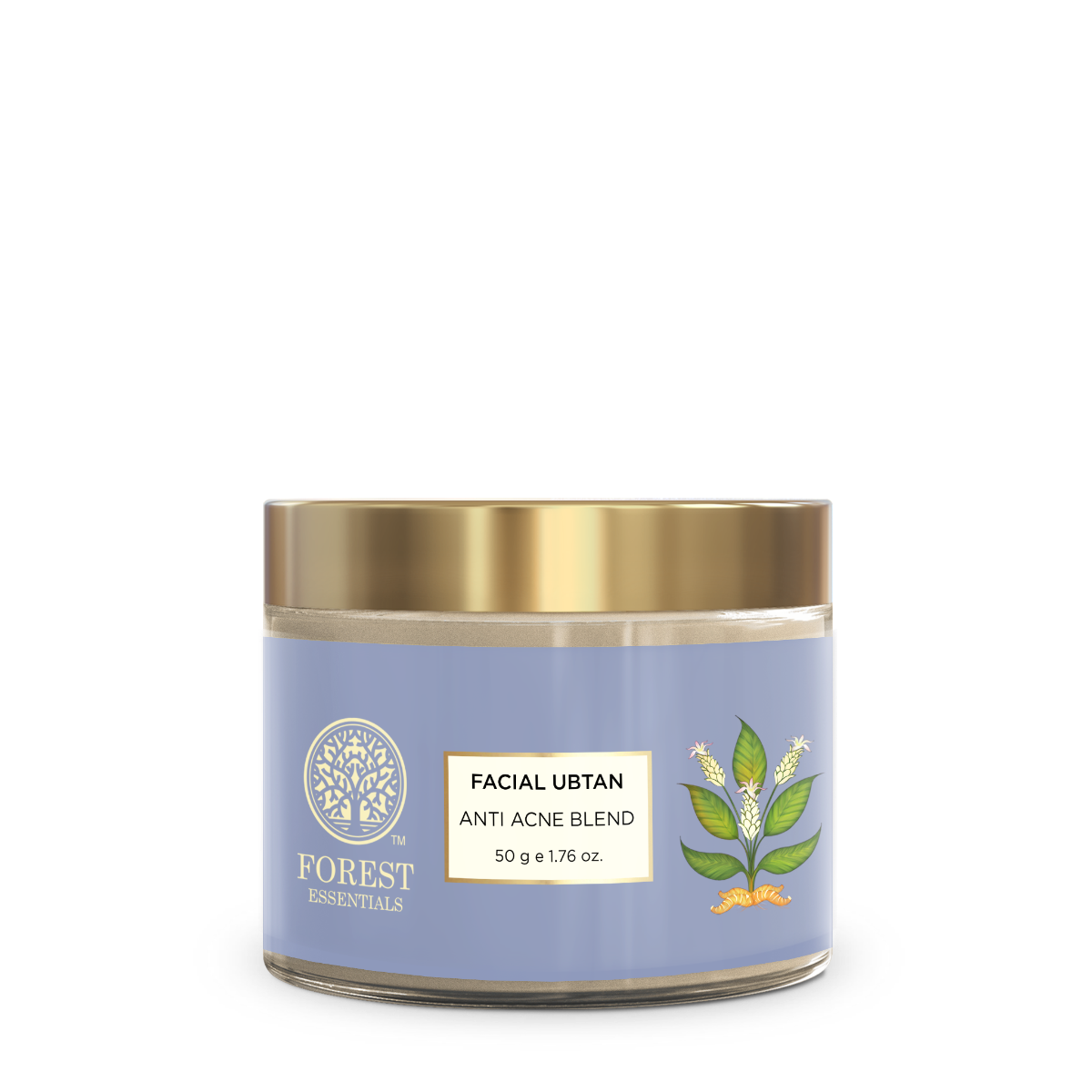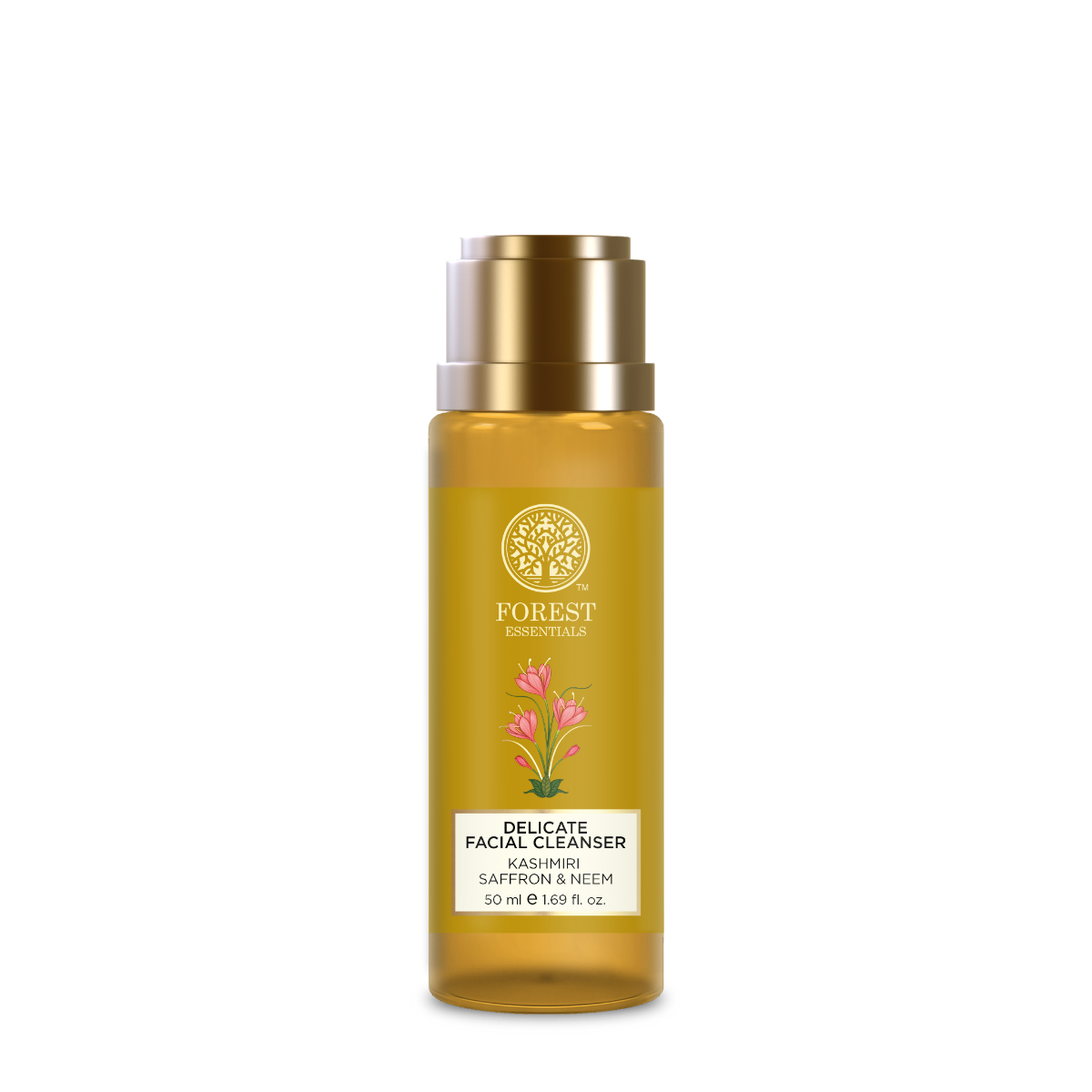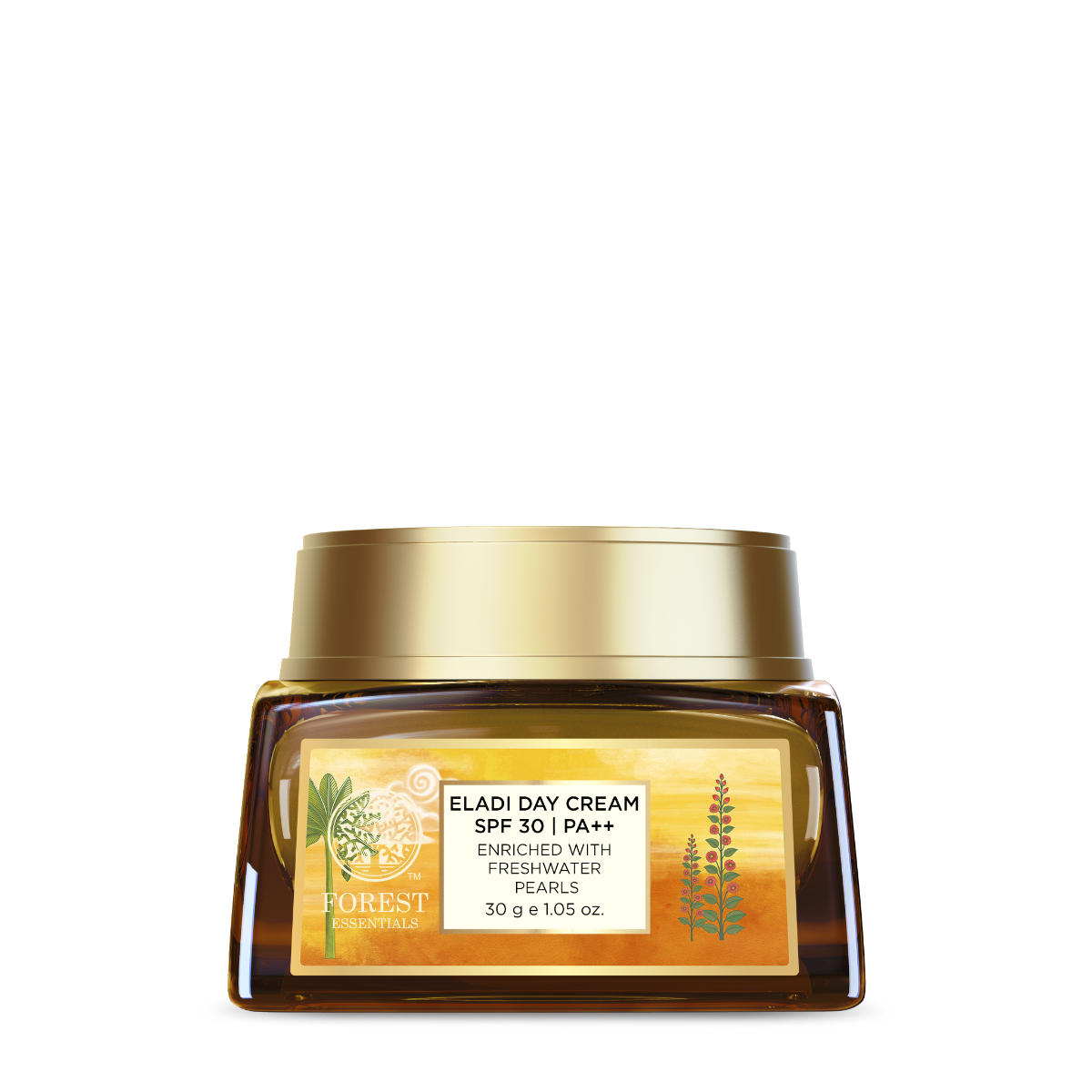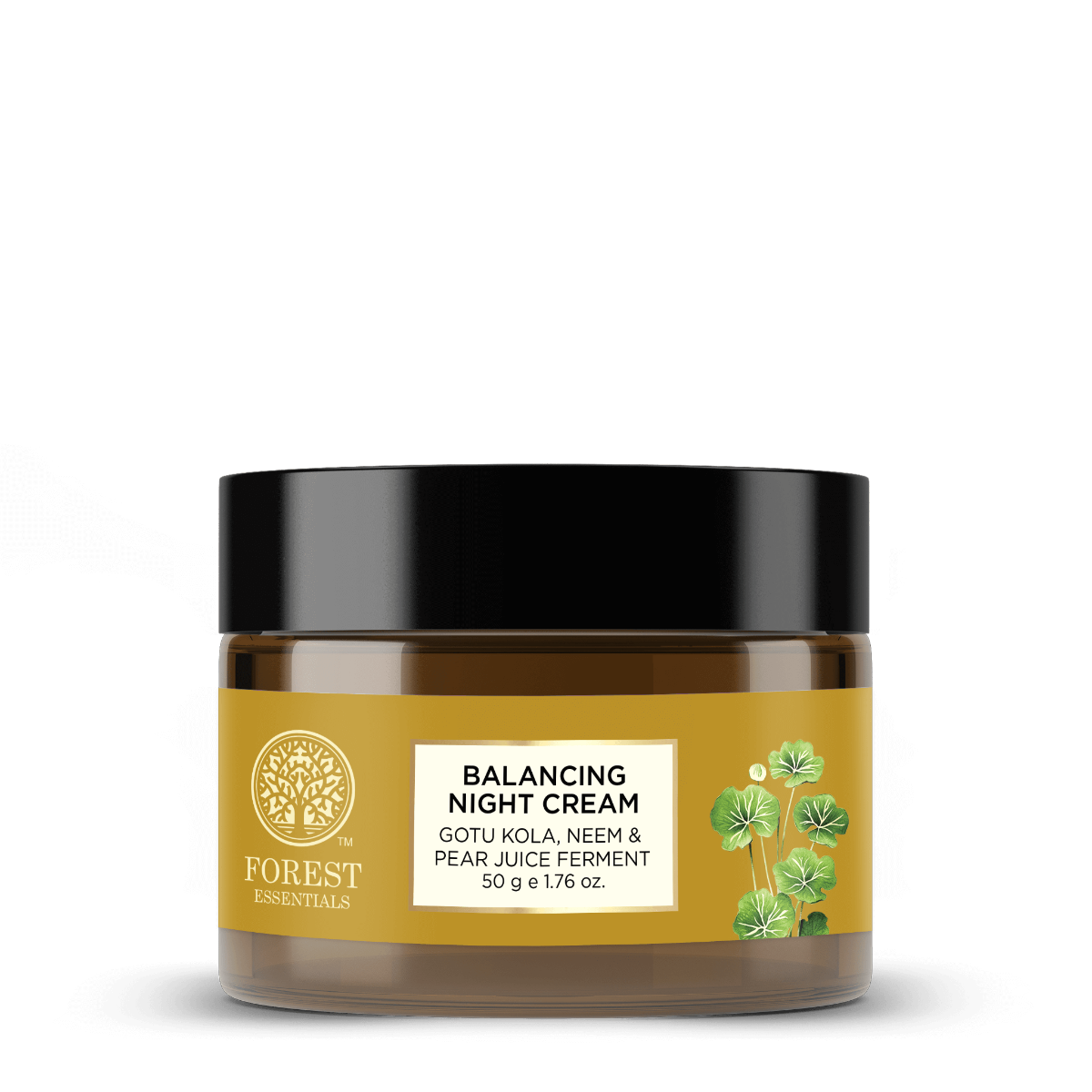Acne can be a persistent and frustrating skin condition that affects many people. While numerous treatments are available, natural remedies have gained significant popularity due to their effectiveness and minimal side effects. One such remedy is tea tree oil. Known for its potent antibacterial and anti-inflammatory properties, tea tree oil has become a go-to solution for many dealing with acne. In this blog, we’ll explore the uses, side effects, and benefits of tea tree oil for acne, including its effects on acne scars and overall skin health.
What is Tea Tree Oil?

Tea tree oil is an essential oil derived from the leaves of the Melaleuca alternifolia plant, native to Australia. It has been used for centuries for its medicinal properties, particularly for skin conditions.
Tea Tree Oil for Acne
Tea tree oil is renowned for its ability to combat acne due to its potent antibacterial and anti-inflammatory properties. Here’s a detailed look at how tea tree oil works to treat acne and the numerous benefits it offers.
How Does Tea Tree Oil Work on Acne?
Antibacterial Action
Tea tree oil contains terpenes, which are compounds that have been shown to kill acne-causing bacteria such as Propionibacterium acnes. By eliminating these bacteria, tea tree oil helps to reduce the number of breakouts and prevents the formation of new spots.
Anti-inflammatory Properties
The oil helps to reduce the swelling and redness associated with acne, promoting a clearer and more even complexion. Its anti-inflammatory action soothes the skin and reduces the irritation that often accompanies acne.
Drying Effect
Tea tree oil can help to dry out spots, speeding up the healing process. By reducing excess oil and drying out active spots, tea tree oil promotes quicker resolution of acne lesions.
Tea Tree Oil for Acne Benefits
Natural Alternative
Tea tree oil is a natural alternative to harsh chemicals found in many over-the-counter acne treatments. It offers a gentler option for those who prefer natural remedies for acne and those with sensitive skin.
Reduced Acne Scars
Regular use of tea tree oil for acne scars can help diminish their appearance over time. Its healing properties encourage skin regeneration and improve the overall texture and tone of the skin.
Preventative Care
By keeping acne-causing bacteria at bay, tea tree oil helps prevent future breakouts. Its regular application can maintain a clearer complexion and reduce the frequency and severity of acne flare-ups.
Tea Tree Oil Uses and Benefits for Skin

Tea tree oil is incredibly versatile when it comes to skincare, offering a range of applications and benefits. Here’s a detailed look at how you can use tea tree oil for skin and the advantages it provides.
Tea Tree Oil Uses for Skin
Spot Treatment
Application: Apply a few drops of diluted tea tree oil directly onto blemishes to help reduce their size and redness. This method targets individual spots, speeding up their healing process and preventing them from becoming more inflamed.
Face Mask
Application: Combine tea tree oil with other natural ingredients like honey or yoghurt to create a soothing and antibacterial face mask. This mixture not only combats acne but also nourishes the skin, providing a comprehensive treatment.
Toner
Application: Add a few drops of tea tree oil to your regular toner to enhance its acne-fighting properties. This approach helps to keep your skin clear and prevents breakouts by maintaining an antibacterial barrier on the skin.
For a ready-made solution, consider using Forest Essentials’ Shudhi Skin Clarifying Facial Spray, which contains tea tree oil and other superior Ayurvedic herbs to help reduce acne, tighten pores, and alleviate inflammation for blemish-free, clear skin.
Tea Tree Oil Benefits for Skin
Cleanses and Purifies
Tea tree oil acts as a natural cleanser, removing impurities and keeping the skin clean. Its antibacterial properties help to eliminate dirt and bacteria that can clog pores and lead to acne.
Soothes Irritation
Tea tree oil can help to soothe skin irritation and reduce redness and itching. Its anti-inflammatory properties make it ideal for calming irritated skin, whether it’s from acne, eczema, or other skin conditions.
Hydrates and Nourishes
While tea tree oil helps to control oil production, it also provides hydration, keeping the skin balanced. This dual action ensures that the skin remains moisturised without becoming overly oily, maintaining a healthy complexion.
Potential Side Effects

While tea tree oil is generally safe for most people, it is essential to be aware of potential side effects:
Skin Irritation
Some individuals may experience irritation or allergic reactions. Always do a patch test before using tea tree oil on your face.
Dryness
Overuse can lead to dry skin. It is best to use it in moderation and always dilute it with a carrier oil.
Sun Sensitivity
Tea tree oil can increase the skin’s sensitivity to sunlight. Use sunscreen if you plan to be outdoors after applying it.
How to Use Tea Tree Oil Safely
Image suggestion: Mixing tea tree oil with a carrier oil
To enjoy the benefits of tea tree oil for acne and skin without experiencing adverse effects, follow these tips:
Dilute Properly
Always dilute tea tree oil with a carrier oil such as jojoba or coconut oil before applying it to the skin.
Patch Test
Conduct a patch test on a small area of skin to check for any adverse reactions.
Use Sparingly
A little goes a long way. Use tea tree oil in lesser amounts to avoid dryness and irritation.

Conclusion
Tea tree oil is a powerful natural remedy for acne and a beneficial addition to your skincare routine. Its antibacterial, anti-inflammatory, and soothing properties make it an effective solution for reducing acne and improving overall skin health. However, as with any skincare product, it is important to use it correctly and be mindful of potential side effects. With proper use, tea tree oil can help you achieve clearer, healthier skin.
FAQs
How long does tea tree oil take to work on acne?
Tea tree oil can start showing results within a few days, but noticeable improvement typically takes around 4 to 6 weeks with consistent use.
How to use tea tree oil for pimples?
Dilute tea tree oil with a carrier oil like coconut or jojoba oil, then apply it directly to pimples using a cotton swab.
Can I apply tea tree oil directly on acne?
No, it’s best to dilute tea tree oil with a carrier oil to prevent skin irritation.
How fast does tea tree oil work on acne?
Tea tree oil can begin to reduce redness and swelling within a few days, but significant improvement usually takes several weeks.
Is tea tree oil good for fungal acne?
Yes, tea tree oil has antifungal properties that can help treat fungal acne.
References
https://www.vogue.in/content/benefits-tea-tree-oil-in-your-skin-care-hair-care-regimen
https://www.healthline.com/nutrition/tea-tree-oil



